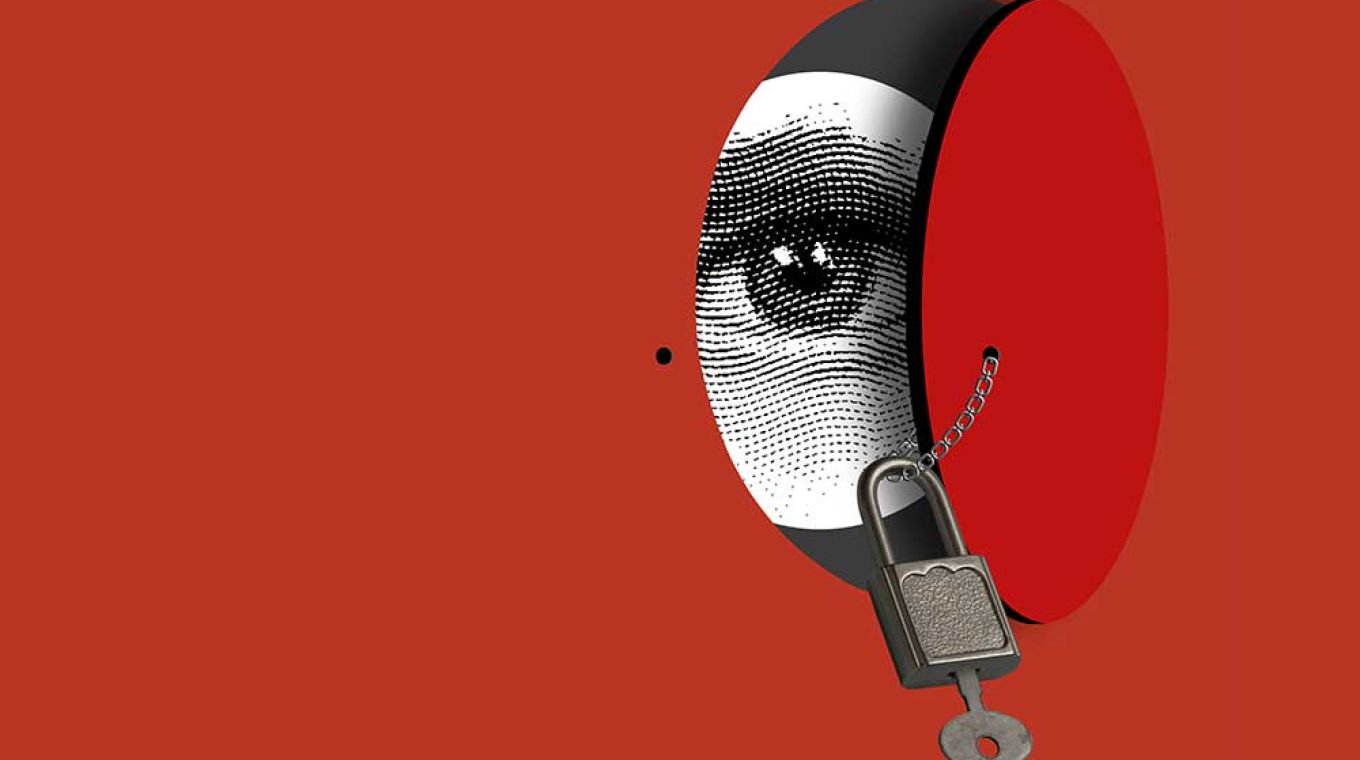Despite an outrageous media campaign favoring one side—the "good" side, the Democrats!
In the traditional role of the media as the fourth estate, the title of this article should not even exist... In general, media—especially public service media—have an informational mission to fulfill. And although the RTBF’s terms of service on its site invite readers, listeners, and viewers to “accept that its services may contain certain inaccuracies,” it was not expected that these same contents would demonstrate such a lack of objectivity! To our english audience: the RTBF (Radio-télévision belge de la Communauté française) is Belgiums national broadcasting company.
What we observed during the Covid crisis or the war in Ukraine has been confirmed in the coverage of the 2024 American elections: “mainstream” media have now become unashamed propaganda tools, openly taking sides. A guiding principle (who is leading it?) has taken hold. It is uniform and common to all major media across Western countries. The "good" axis is promoted through communication that increasingly relies on manipulative marketing techniques, at the expense of journalistic principles.
This doctrinal agenda is the same everywhere, from Canada to Belgium to the United Kingdom: ultra-liberal globalization, power centralization, techno-science, global health programs, dismantling of national sovereignty, wokeness, technological transhumanism, imposed climate narrative, an open society without borders (Open Society), enabling worker mobility and subjugation to the lowest social standards, generalized surveillance, warmongering policies.
Outside of the United States, Western public opinion was 70–80% anti-Trump, depending on the country. He’s a “fascist” who attacks democratic values. Repeatedly stating this in every language results in propaganda that ultimately achieves its aim: stigmatization, ironically by the same mainstream media that typically denounce and condemn it. In the U.S., many Trump voters stopped speaking to the media out of fear of being stigmatized. Let’s be clear: this debate is not about “pro-Trump, anti-Kamala” or vice versa. The debate is about the fair treatment of information concerning candidates and their voters!
Returning to our beloved RTBF: Trump’s victory is portrayed as a dark day for democracy, the environment, and Ukraine (sic). Yet public opinion here and elsewhere is increasingly against our involvement in the Ukrainian war. This is a fact! Nevertheless, this voice will not be heard on RTBF, which firmly holds to its partisan pro-war line. Listening to citizens is no longer part of its mission.
On election day, as in the preceding weeks, not a single journalist, not a single (carefully selected!) expert missed joining the propaganda march of sacrosanct Western values, now removed from any real-world context.
RTBF has no qualms about seeking out “highly credible” political testimony, relaying statements from Sophie Rohonyi of the micro-party Défi: “Trump’s election is a catastrophe for democracy & its values” or from Ecolo, now almost irrelevant: “It’s a dark day for our values of democracy, justice, etc.” Needless to say, the vast majority were eagerly awaiting the views of these parties, which now hold almost no political weight.
And when every insult about President Trump has been exhausted, is it wise to turn on his voters? They were described by a guest on RTBF’s November 6 newscast as “racist and sexist voters who don’t want a Black woman as President.” Let’s pause on these comments about democracy and its voters, recalling a playground phrase we’ve all heard: “It takes one to know one!”
According to our mainstream media, if voters in a universal suffrage electoral system don’t pick the “right” candidate, we are stepping outside of democratic bounds. And in this case, these same voters who expressed themselves democratically must be stigmatized, branded as fascists, racists, conspiracy theorists...
Why vote at all? Since the media and associated politicians command us to choose only one side, the one they predetermined in the name of “the values of good.”
You will understand where the true democratic danger lies and the meaning of “it takes one to know one” here. And let’s not forget that democracy is the voice of the people, whether liked or not.
Two insights emerge from this American election.
First, why do mainstream media give so much visibility to this American election, wrapped in a near-messianic narrative favoring one side? Historically, whether Republican or Democrat, U.S. officials have always prioritized American interests. This will be the same after this election. Unless it’s a media reminder that we live in a globalized world dominated by the U.S.? Or perhaps it’s to remind us Europeans who’s in charge? So much so that everyone, amid this media deluge, has almost forgotten that we’ve been without a government for nearly six months. Do we even need one anymore, when we continue to push the “happy globalization” propaganda?
Second, to satisfy the “doxa,” mainstream media avoided sharing certain information that many U.S. observers—and our own newsrooms—were aware of! They refrained from mentioning that Kamala Harris was unimpressive, ran a poor campaign, and lacked a real program aside from defending “democratic values.” When asked, “What sets you apart from Joe Biden?” she replied, “Nothing, we are the same!” Objectively, this is not a platform to counter Donald Trump, disorganized though he may be. These same media avoided showing accurate polls favoring Trump, only showing the unfavorable ones. They refrained from presenting middle-class voters—including women, African-Americans, and Latinos, who are assumed to vote Democrat—with real arguments for their vote, such as concerns over purchasing power, for example.
On a topic as open as the American presidential election, we have been subjected to disinformation and propaganda led by journalists who no longer even bother to hide it. Let this serve as an example of the urgent need to apply essential filters to how we approach media information. Otherwise, we risk losing all contact with reality and with any rational consensus.


